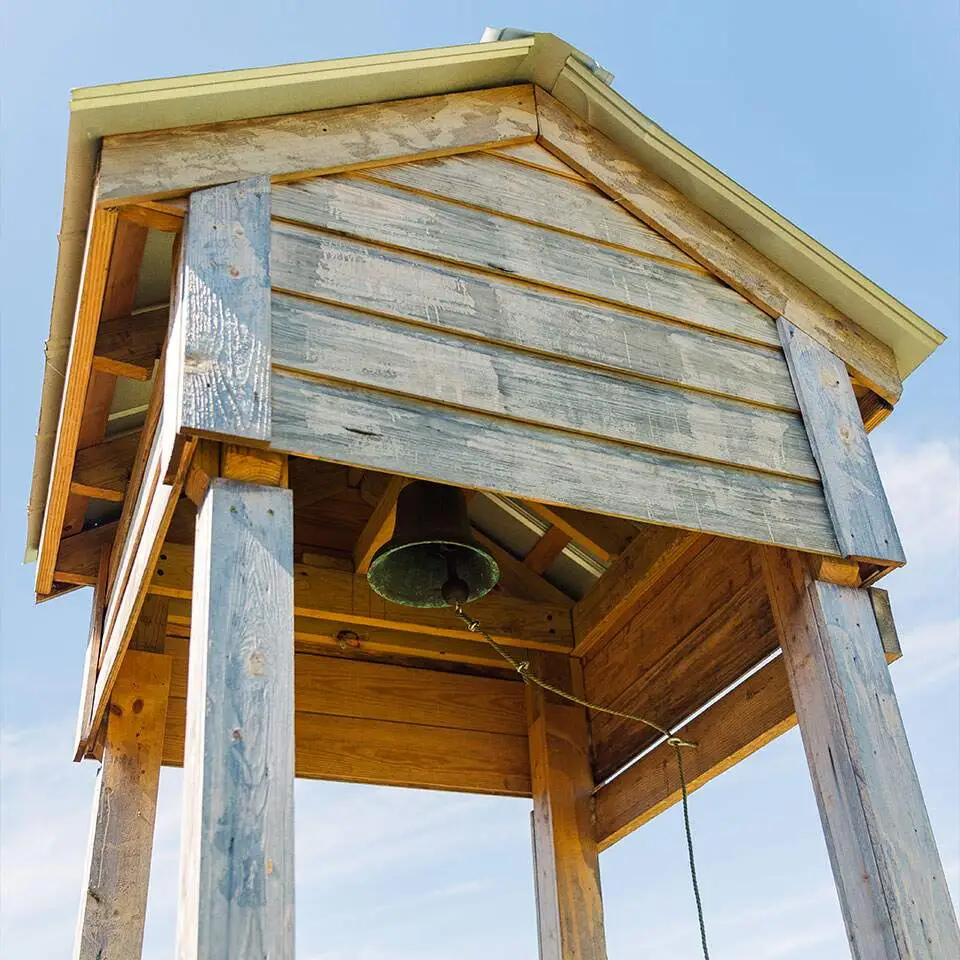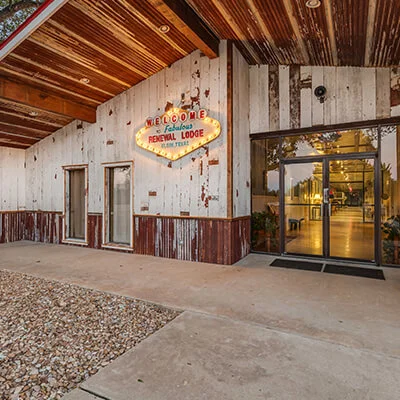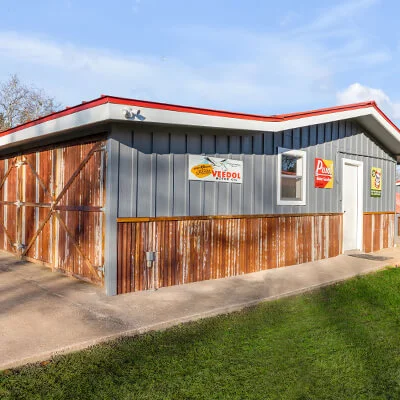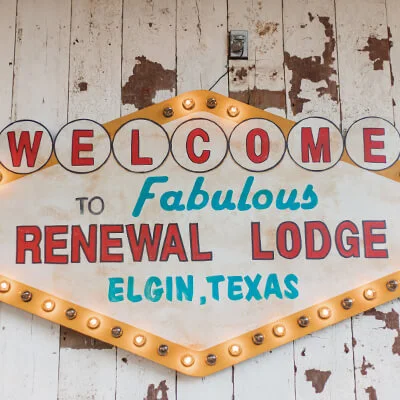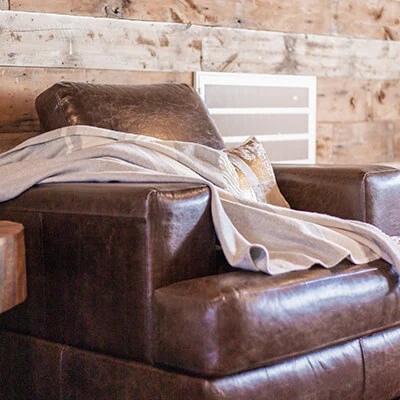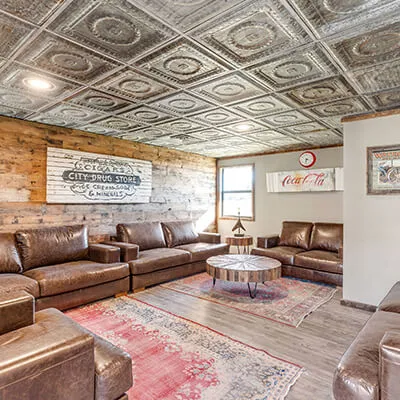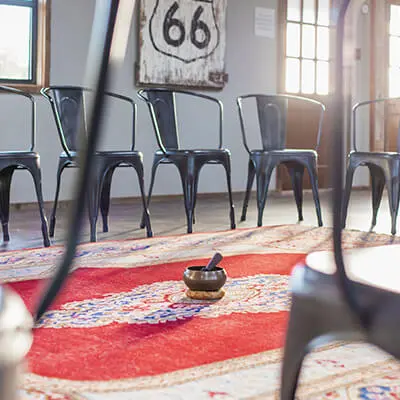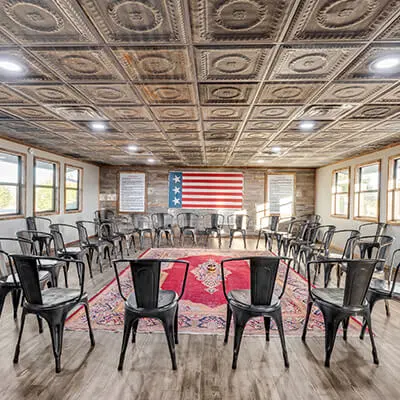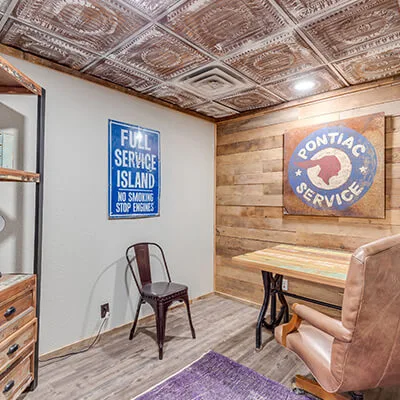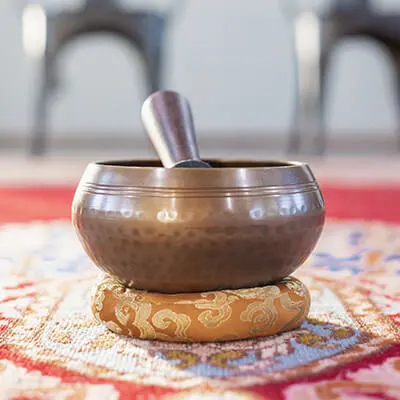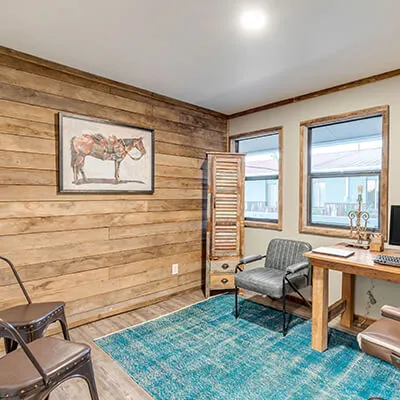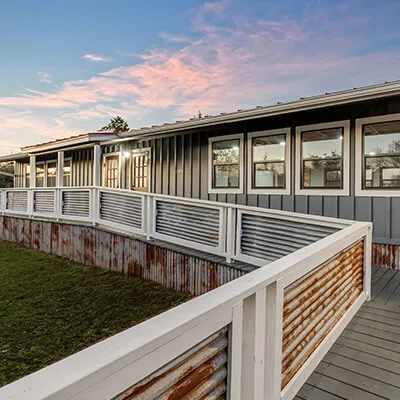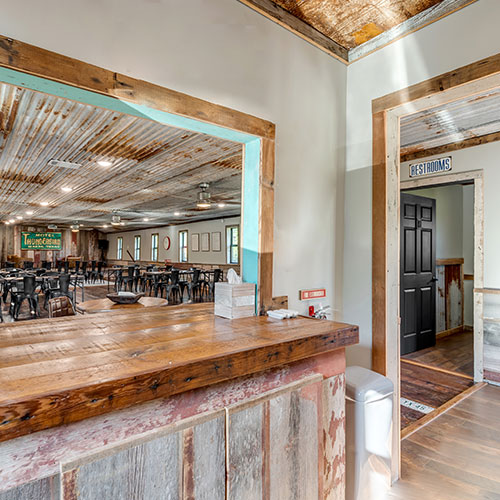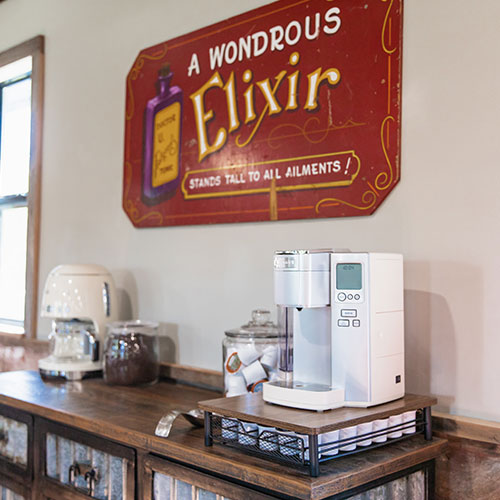Inpatient Rehab Programs At Our Texas Substance Abuse Treatment Center
Our short-term inpatient rehab program, ranging from 30 to 90 days, is designed to provide a comprehensive and transformative recovery experience.
As the nation’s only Mindfulness In Recovery (MIR)® Program, we focus on helping our clients discover and connect with their values, achieve lasting recovery, and lead more authentic lives. We also incorporate the 12-steps as a core component of our treatment approach.

30-90 Days Short-Term Substance Abuse Rehab
We believe that effective substance abuse treatment requires an individualized approach, effective mental health counseling, and access to the skills and tools necessary to lead healthy, happy, well-adjusted lives.
Alcohol Rehab
No matter where you are in your journey, our alcohol rehab center can help you get your life back on track.
Substance Abuse Rehab
Renewal Lodge subscribes to a holistic, whole-person approach to treating substance use disorder.
How Does Renewal Lodge Prepare Clients for Sobriety?
Recovery begins in rehab programs, but it continues to be a long-term journey toward wellness. It involves making choices and commitments, managing intense feelings, and establishing healthy relationships.
Rehab programs with holistic treatments address all facets of the individual, preparing them to handle challenges, cope with stress and give themselves the care that they need as they travel down the path of recovery.

"At Renewal Lodge, we integrate mindfulness and emotional intelligence. These are powerful skills our clients never knew they needed."
Features of Our Inpatient Rehab Program
Our short-term, intensive inpatient rehab programs are designed to create a foundation for a successful recovery from drug addiction or alcohol use disorder. We take into account underlying mental health conditions that contribute to addictive behaviors.
We offer more than sobriety — we’ll help you to discover a life of meaning.
Family Program
Often described as inspiring, life changing, and meaningful by our alumni.
Discharge & Aftercare
Individualized attention to the unique aftercare needs of each client.
Emotional Intelligence
Establishing resilience, self-confidence, & more meaningful connections.
Dual Diagnosis Treatment
Evidence-based treatment methods designed to treat addiction & mental health together.

“Without a doubt one of the best treatment centers in the country. If you want to live and are willing to do so by any means then this is the place.”
Start with Mindfulness
The Mindfulness in Recovery(MIR)® treatment program helps clients connect with the parts of themselves that feel lost. This program encourages awareness and nonjudgmental acceptance so that you can build on what you have instead of operating from a place of lack.
People thrive when they integrate their core values, beliefs, and emotions with their actions. The tools that you’ll gain through the Mindfulness in Recovery program will help you maintain this alignment throughout your recovery.
Integrating Family Support
Although many clients have tried to deal with their addiction privately, support is essential to get them through rehab programs and into a fulfilling life after treatment.
Addiction affects everyone who is close to the individual. Therefore, it’s important for those people to access support and resources. Our family program teaches loved ones how to care for themselves and best support the person with the addiction.
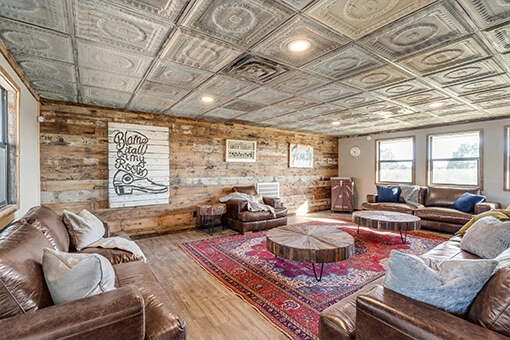

Practice Emotional Regulation Skills
Emotional intelligence is a skill that allows you to manage and express your feelings in a healthy, productive way. This skill becomes impaired when you’re struggling with addiction because substance abuse inhibits a healthy relationship with emotions. Moreover, drug or alcohol use may exacerbate negative emotions and present them as triggers that lead to detrimental behaviors.
As you develop your emotional intelligence, you’ll be able to incorporate it into everyday life. Treatment won’t make you stop having strong emotions. However, it will help you identify them and manage them appropriately as they arise.
Leave With Courage
Our rehab programs include aftercare and discharge planning so that you know what to expect as you move forward on the road to recovery.
We tailor the aftercare plans to fit your needs, putting your own wisdom, skills, and resources into your hands so that you can lead a meaningful and fulfilling life.
Explore Our Treatment Facility Centrally Located Outside Austin, TX
Renewal Lodge’s rehab program is located just outside of Austin, Texas. It is in a serene environment that helps reduce daily stressors so that you can repair, rebuild, and renew yourself.
